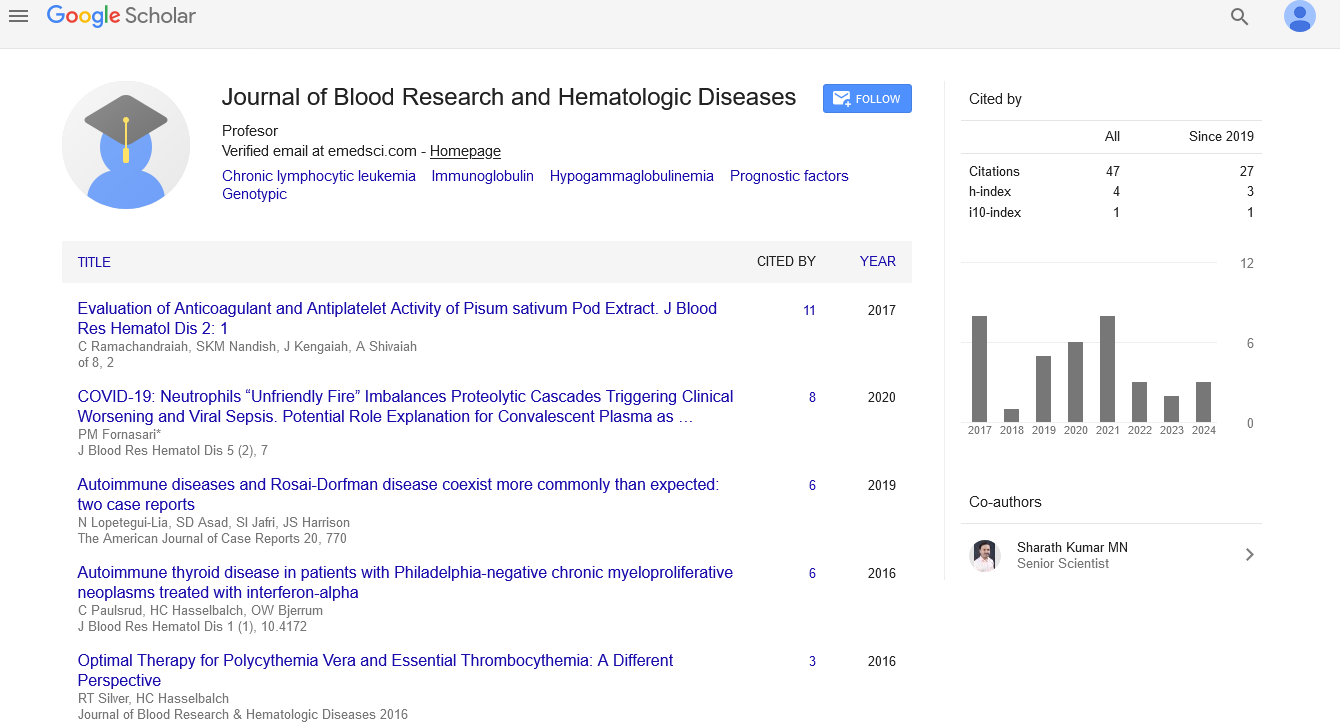Short Communication, Jbrhd Vol: 6 Issue: 5
Molecular characterization of families affected with autosomal recessive primary microcephaly
Statement of the Problem: Cousin Marriage is very common in part of world and there have been proven association with the degree of consanguineous marriages and prevalence of autosomal recessive genetic disorders
Abstract
Statement of the Problem: Cousin Marriage is very common in part of world and there have been proven association with the degree of consanguineous marriages and prevalence of autosomal recessive genetic disorders. It is reported that 60% of cousin marriages in Pakistan is the subject of prevalence of most rare genetic disorders in our population. Microcephaly which is present at birth and causes non-progressive mental retardation is called autosomal recessive primary microcephaly (MCPH), whereas which develops postnatally is secondary microcephaly. It is a neurogenic mitotic disorder which results in small brain size compared to one third of normal brain. Affected patients have normal neuronal migration, neuronal apoptosis and neuronal function. Sixteen MCPH loci have been reported by different scientist from various populations around the world containing the following genes Microcephalin, WDR62, CDKRAP2, CASC, ASPM, CENPJ, STIL, CEPH135, CEPH152, ZNF335, PHC1, CDK6, CENPE, SAS6, MFSD2A and ANKLE2. Mutations in any one of the gene will lead to disease phenotype due to premature chromosomal condensation, disturbed mitotic spindle orientation, signaling response as a result of DNA damage.
It is reported that 60% of cousin marriages in Pakistan is the subject of prevalence of most rare genetic disorders in our population. Microcephaly which is present at birth and causes non-progressive mental retardation is called autosomal recessive primary microcephaly (MCPH), whereas which develops postnatally is secondary microcephaly.
